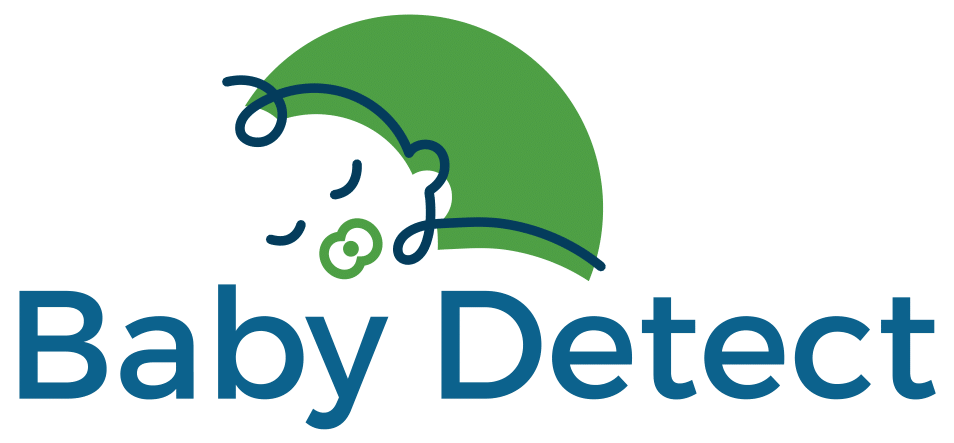TCN2 gene
Also known as: TCII deficiency; TCN2 deficiency – OMIM#275350 https://omim.org/entry/275350
1. The disease:
Transcobalamin II (TCII) is an essential plasma protein for the absorption, transportation, and cellular uptake of cobalamin.
2. The Symptoms:
TCII deficiency presents in the first year of life with failure to thrive, hypotonia, lethargy, diarrhea, pallor, mucosal ulceration, anemia, pancytopenia, and agammaglobulinemia. It can sometimes resemble neonatal leukemia or severe combined immunodeficiency disease. Lack of early signs or symptoms does not exclude the diagnosis.
- TCII typically manifests in the first few months of life.
- Patients present with one or more of the following signs: weight loss, failure to thrive, diarrhea, vomiting, lethargy, irritability, pallor, ulcers of oral mucous membranes and impaired development.
- Myoclonus, decreased reflexes in the lower extremities and toe-walking may be observed. Metabolic stroke and peripheral neuropathy was observed in one case.
- Severe infections (i.e. Pneumocystis carinii, pneumococcal meningitis, Escherichia coli, urinary tract infection, Salmonella sepsis, aseptic meningitis and gastro-enteritis) in the first year of life are also reported.
- In rare cases, the disease may be asymptomatic.
3. Actions to take in case of early diagnosis:
- Infants with a positive genetic test (having 2 pathogenic variants or 2 copies of a single pathogenic variant in the TCN2 gene) should continue breastfeeding, start intramuscular hydroxycobalamin. Early treatment is essential in preventing chronic symptoms.
- Biochemical correlation is essential for confirming diagnosis with plasma B12 and homocysteine levels (Hcy) and plasma or urinary methylmalonic (MMA) levels. Biochemical NBS with tandem mass spectrometry can also help (can show increased C3 and low or high methionine).
- TCII deficiency is a lifelong disease that requires lifetime management and regular follow-up with a metabolic and haematology physician.
- Initiate treatment with parenteral hydroxycobalamin without delay in any suspected transcobalamin disorder; it significantly improves survival and incidence of severe complications. Avoid oral B12 because it has not a good absorption.
- Genetic counseling is highly recommended for family planning and evaluation of at-risk family members such as siblings.
4. For more information
Biblio: Trakadis YJ, Alfares A, Bodamer OA, et al. Update on transcobalamin deficiency: clinical presentation, treatment and outcome. J Inherit Metab Dis. 2014;37(3):461-473. PMID: 24305960.
